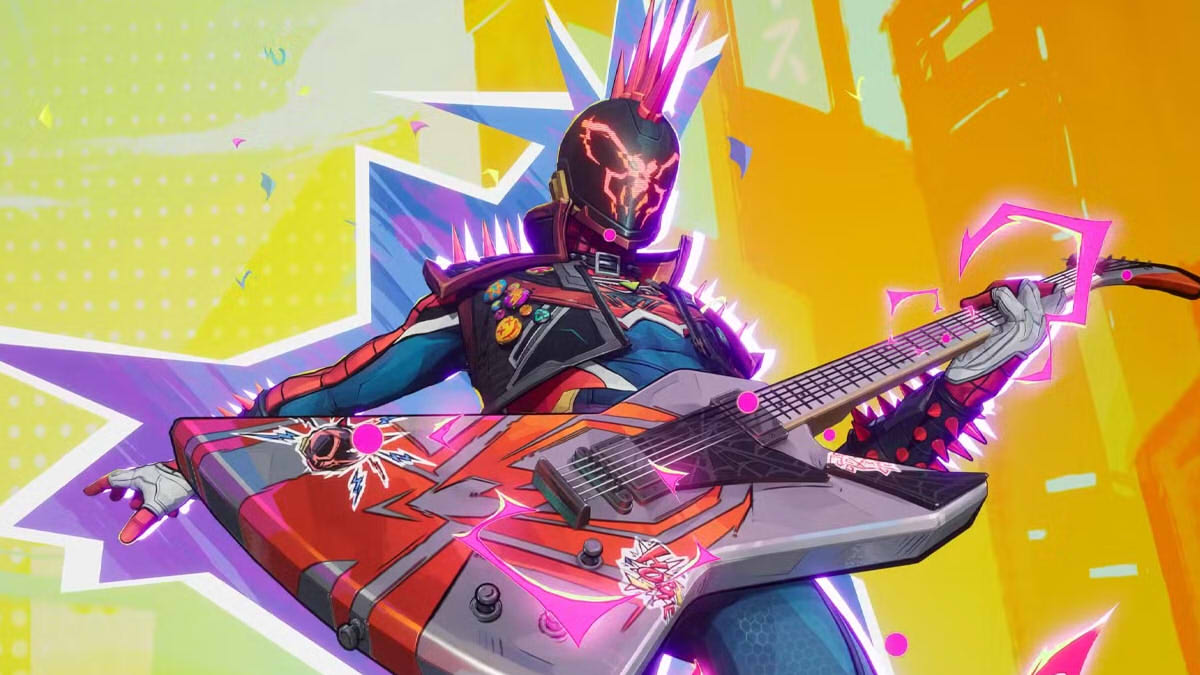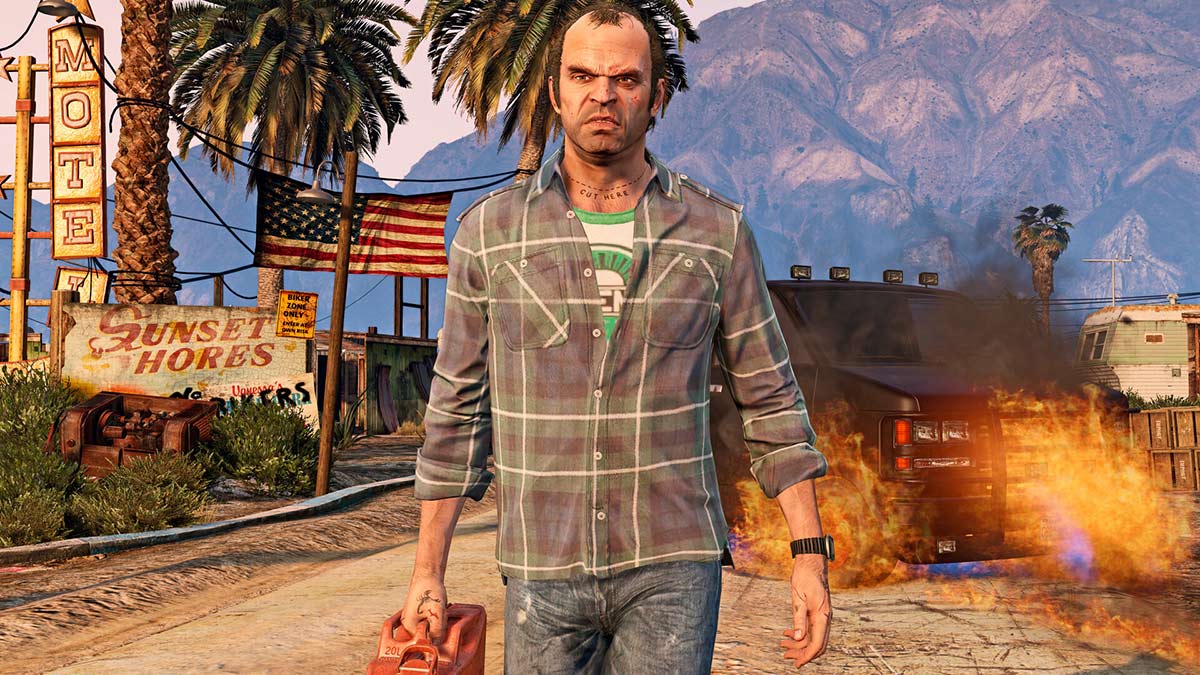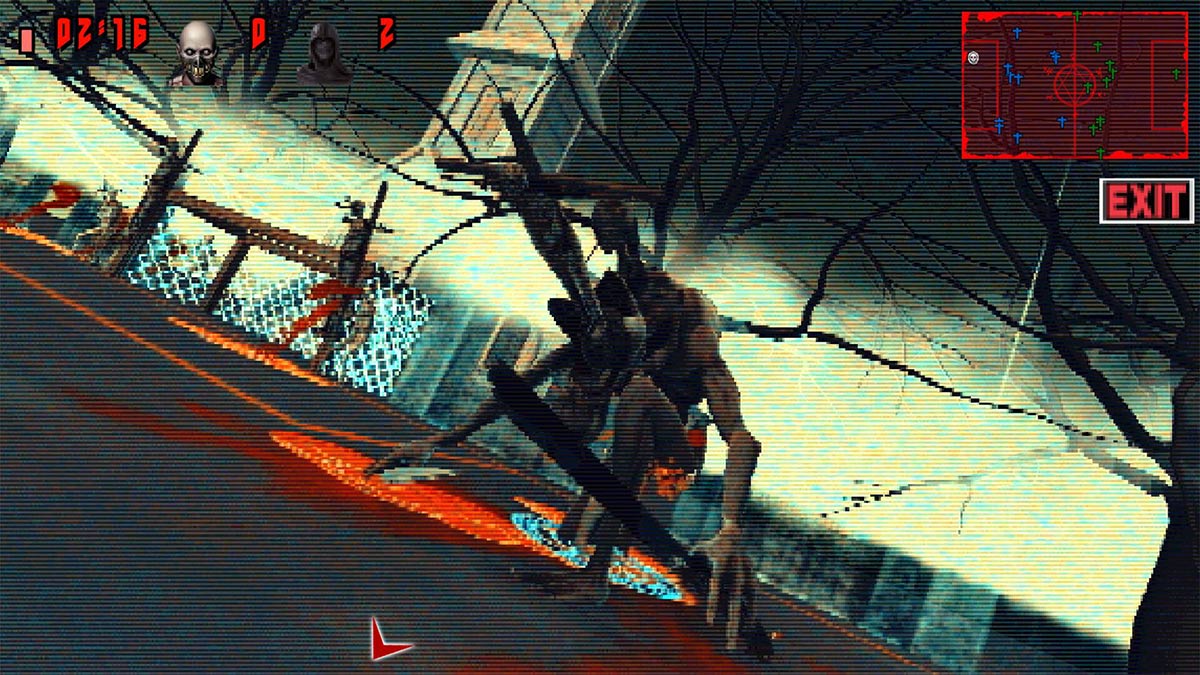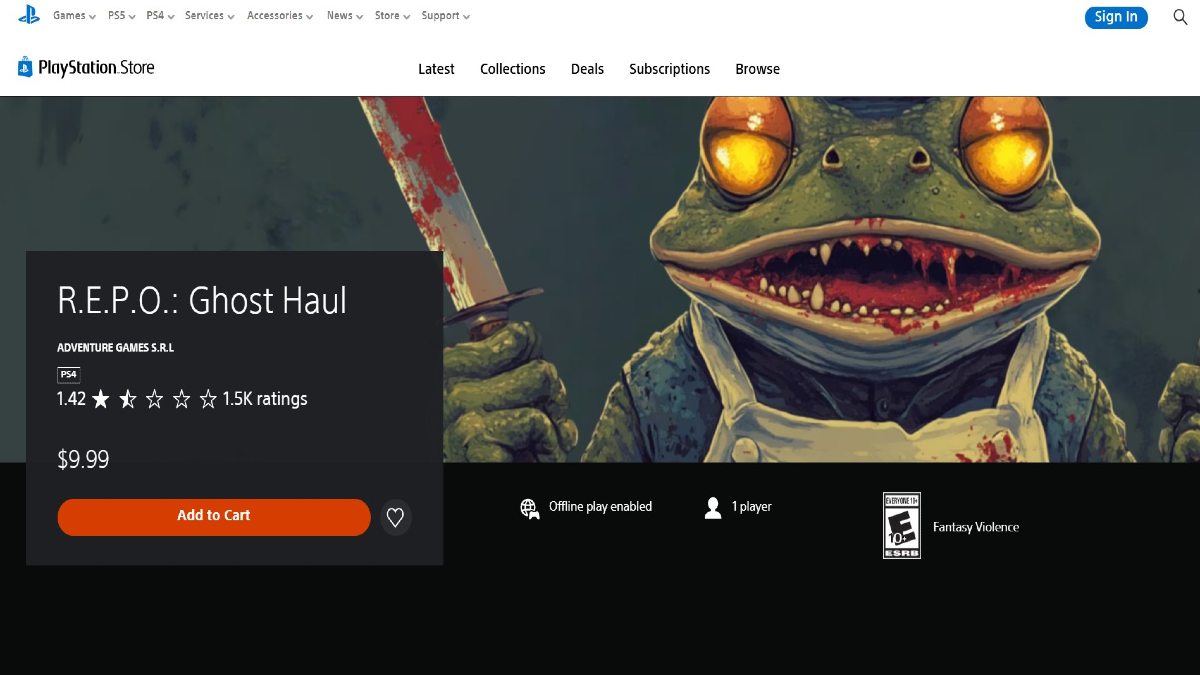Today Muv-Luv creator Kouki Yoshimune hosted a livestream in which he provided an introduction for one of the image boards revealed for the upcoming Muv-Luv Alternative sequel Muv-Luv Integrate.
We also got a handy summary by Famitsu, with a description of the TSF showcased in the artwork below.
The artwork was originally showcased during the “Still Breathing Anniversary” event, but now we see it in much greater detail.
If you’re not familiar with the concept of TSF, it stands for “Tactical Surface Fighter.” It’s a category of mecha created in the world of Muv-Luv Alternative to respond to the threat of the BETA aliens, and it’s the primary weapon used by humanity against its relentless enemy.
The appearance of the Laser-class BETA has made aviation nearly useless as the main battlefield weapon, due to the fact that they can target and destroy aircraft from miles away with lethal pinpoint accuracy.
This prompted the creation of TSF to replace the battlefield role originally covered by air superiority without being overly exposed to the fire from the Laser-class BETA.
If the names you’ll see below sound familiar, it’s because humanity in the alternate reality of Muv-Luv alternative designed TSF instead of fighter jets, therefore giving them similar names.
First of all, the image showcases a unit of TSF during a hive-assault mission. Hives are basically the bases of operation of the BETA on the planet’s surface, extending for kilometers above and below ground. Hive assaults are basically the most dangerous mission a Tactical Surface Pilot may have to undertake.
The first TSF illustrated by Yoshimune-san is the one on the right of the image, which has the chassis of a Mig-29 or Mig-31.
While the sword is the model used by the YF-23, it carries additional sensors on the head, which has been modified with the multi-port compound-eye sensors that you’d normally see on an F-22 Raptor.
Due to the advantage provided by this kind of sensor in crowded battles, it appears that this unit has fought in many such environments.
It carries something similar to folding pliers attached to the arm-mounted sheath. This is used to operate heavy equipment like the containers carried by the two TSF behind it.
Interestingly, it’s decorated with graffiti that aren’t markings of a regular army unit.
The protections of the joints appear to be severely worn-out and have been reinforced by tape-like material. Many Soviet TSF are relatively easy to maintain and very rugged and durable.
The second TSF introduced is the one on the top left, based on a Mig-23 or Mig-27 chassis. It has been retrofitted with the jump units of an F-15E Strike Eagle before it adopted those of the Raptor.
It includes various parts of mixed origin that can be repurposed with a bit of modding from the American standard.
Additional armor is carried in various areas like the plates on the skirts. It also carries grenade launchers able to use smoke grenades or flares on the leg and shoulders. The camo-like pattern on the arm is also graffiti.
Next is likely the most interesting TSF, the multi-legged one in the middle of the picture. The reason why it looks new is simply that the artist forgot to add weathering.
While the concept of a multi-legged TSF has been mentioned before, this illustration is the first time we actually see it.
Initially, six and eight-legged transport units were built with dedicated chassis for hive assaults, but considering mass-production and survivability requirements, the part with the additional legs and jump units is simply attached to the lower back of a standard TSF.
When the situation becomes excessively dangerous, the tactical surface pilot can jettison the additional legs and cargo and withdraw with the unburdened standard TSF. It’s also equipped with four jump units instead of two to ensure that they can handle the load.
This setup is also due to considerations born from the production of the Thunderbolt, which suffered due to insufficient output, so the aim is to achieve the best mass-production capabilities possible.
The box on the back is a fully-self sealing storage container that other TSF can use on the battlefield to resupply. It also carries four spare swords attached to its sides.
This illustration basically illustrates the positive economical effects on production born from scaling and repurposing reliable components.
The TSF is armed with an electromagnetic induction launcher, two sentry guns on the shoulders, an assault gun mounted in tail position to cover the top arc, and a Gatling gun under the crotch.
It represents a powerful support unit that can be used both in a transport role and as a gunship.
In the back, we can see Mig-27 retrofitted with Mig-23 shoulders. The question that inevitably comes up is whether a unit with such heavily-customized TSF is really part of a regular army.
In other Muv-Luv news, âge recently released an updated version of another relevant image board.
On top of that, recently we interviewed its creator Kouki Yoshimune and producer Kazutoshi “Tororo” Matsumura about Integrate itself, the upcoming Alternative anime, and much more. You’ll be able to read it soon.
If you’d like to know more about âge‘s games and the Muv-Luv franchise, you can read my article from a months ago explaining all you need to know to get into one of the best visual novel series of all time.
You can also enjoy my analysis of the characters revealed so far for Muv-Luv: Integrate.
You should then check out my report of the 20th-anniversary event recently hosted in Tokyo, which was rich with announcements, including the reveal of Muv-Luv Integrate, the announcement of an action game code-named Project Mikhail, an update on Muv-Luv Unlimited The Day After and on the Android version of the original trilogy, the tease of a reboot of Kimi ga Nozomu Eien, and the announcement of a Muv-Luv Alternative anime.














Updated: Jan 24, 2020 04:02 pm